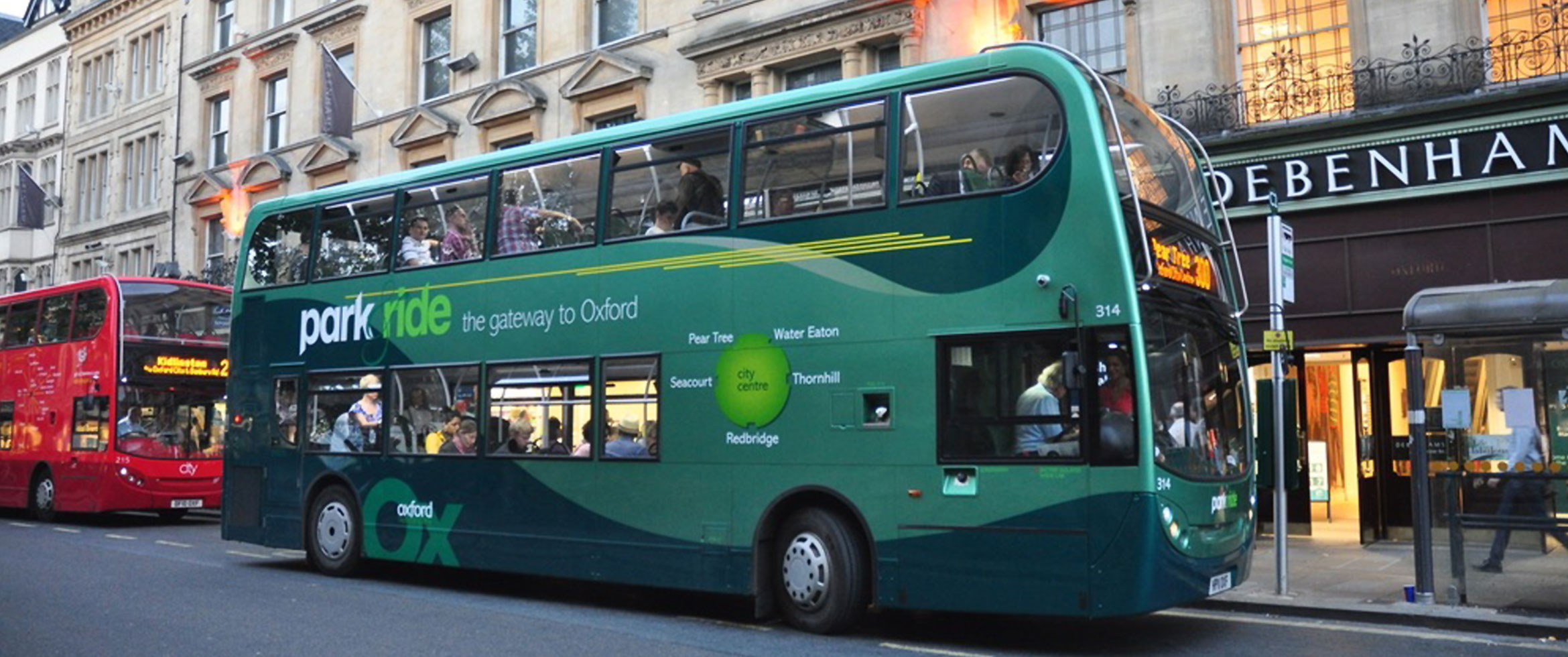City of Austin’s Leave Time Travel Incentive
Seattle’s Just One Trip Phase II
Vancouver’s Employee Trip Reduction Program
Smarter Travel in Outer London: Integrated Marketing in the UK
Portland’s Smart Trips Welcome Program
Effects of Values, Problem Awareness, and Personal Norm on Willingness to Reduce Personal Car Use
Nordlund, A., & Garvill, J. (2003). Effects of values, problem awareness, and personal norm on willingness to reduce personal car use. Journal of Environmental Psychology, 23(4), 339-347.
Is a Residential Relocation a Good Opportunity to Change People's Travel Behavior?: Results From a Theory-Driven Intervention Study
Bamberg, S. (2006). Is a Residential Relocation a Good Opportunity to Change People's Travel Behavior?: Results From a Theory-Driven Intervention Study. Environment and Behavior, 38(6), 820-840.
Smart Parking Linked to Transit: Lessons Learned from Field Test in San Francisco Bay area of California
Shaheen, S.A., Kemmerer, C. (2008). Smart parking linked to transit: Lessons learned from field test in San Francisco Bay area of California. Transportation Research Record, (2063), pp. 73-80.
The Effectiveness of Soft Transport Policy measures: A Critical Assessment and Meta-Analysis of Empirical Evidence
Möser, G., & Bamberg, S. (2008). The effectiveness of soft transport policy measures: A critical assessment and meta-analysis of empirical evidence. Journal of Environmental Psychology, 28(1), 10-26.
Smarter Choices: Assessing the Potential to Achieve Traffic Reduction Using 'Soft Measures'
Cairns, S., Sloman, L., Newson, C., Anable, J., Kirkbride, A., Goodwin, P. (2008). Smarter choices: Assessing the potential to achieve traffic reduction using 'Soft measures'. Transport Reviews, 28(5), 593-618.



